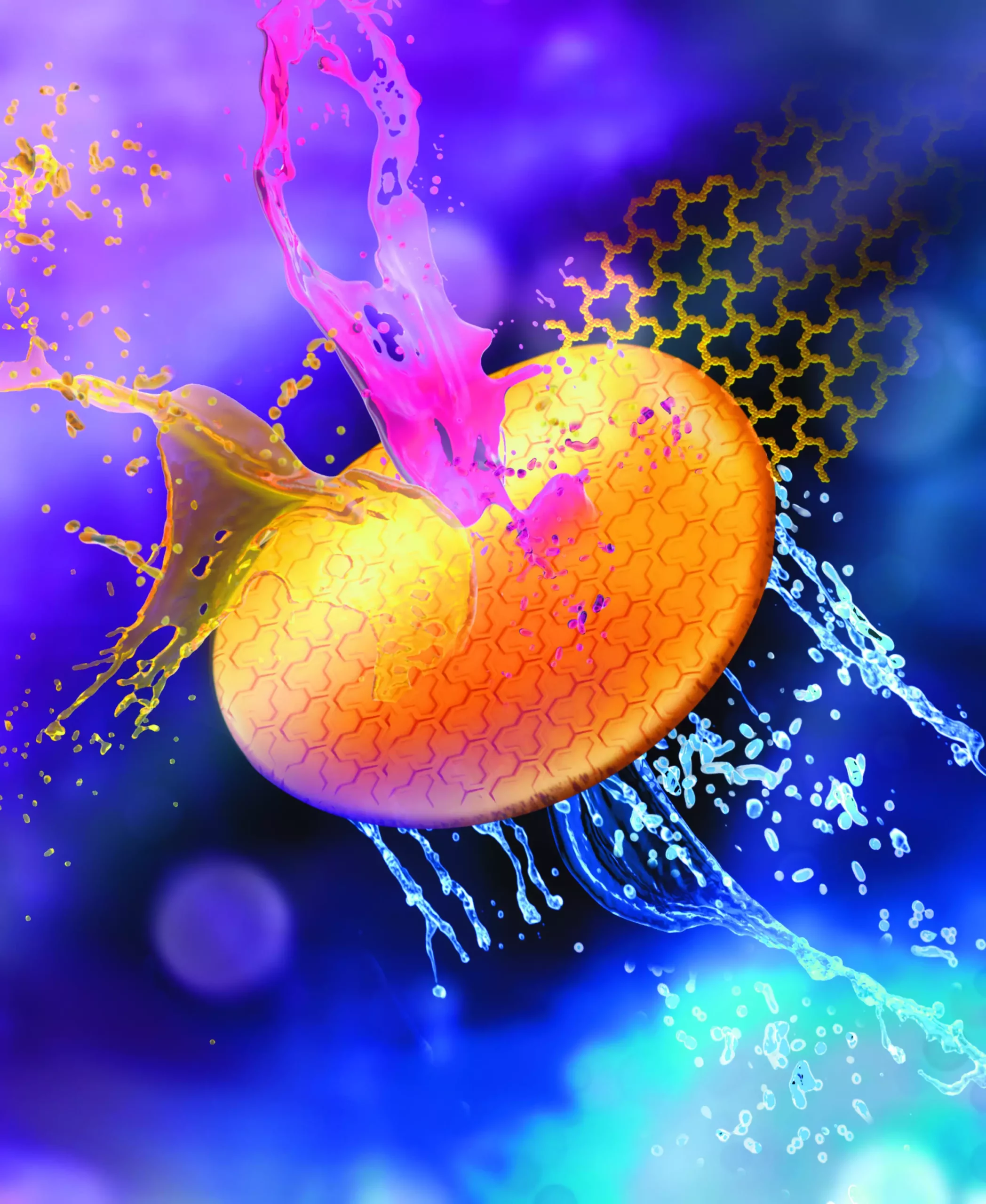In a notable advancement in water purification technology, researchers at NYU Abu Dhabi (NYUAD) have unveiled a groundbreaking method that leverages microwave technology to create advanced membranes designed for efficient water filtration. As global water scarcity increasingly becomes a pressing issue, the development of tools that can effectively clean wastewater is more vital than ever. The innovative synthesis technique pioneered by these researchers not only facilitates rapid production but also provides significant enhancements in membrane functionality.
One of the standout features of this new method is the speed and simplicity with which these membranes can be produced. In mere minutes, the new membranes—a type of covalent organic framework (COF)—can be synthesized. This quick turnaround makes it one of the fastest methodologies currently available for creating these specialized membranes. The microwave-mediated approach enables synthesis at the liquid-water vapor interface, allowing researchers to retain precise control over membrane properties, which is crucial for addressing specific contaminant challenges.
The membranes developed by the NYUAD team are noteworthy for their dual-faced structure, combining superhydrophilic and near-hydrophobic surfaces. This unique configuration directly contributes to their ability to efficiently filter out oils, dyes, and other pollutants from wastewater. Such dual functionality significantly aids in improving the overall filtration process, making these membranes not only valuable in terms of performance but also in durability. With inherent antibacterial properties, these membranes are designed for longevity, ensuring that they remain effective over extended periods.
The findings, published in the Journal of the American Chemical Society, shed light on the technical intricacies of this innovation. The capability to adjust the thickness and surface characteristics of membranes by simply modifying microwave exposure time means that these products can be tailored to target a variety of contaminants effectively. This adaptability is crucial as different pollutants pose different challenges; thus, the finer control over membrane properties can lead to a significant boost in purification efficiency and processing speed.
Comparatively, the COF membranes from this study outstrip traditional polymeric membranes with respect to their ability to remove organic fouling—a common hurdle in existing filtration systems. The multilayered structure of the membranes, combined with precise porosity, ensures a higher water flux, making them highly effective in handling oil-in-water mixtures. This performance enhancement demonstrates a significant leap towards solving global water purification issues, promising a viable route to achieving cleaner water sources.
As concerns over water quality and availability grow, innovations such as those coming from NYU Abu Dhabi represent a beacon of hope. By simplifying the production process and enhancing the overall capabilities of filtration membranes, the research underlines the essential role of modern technology in tackling one of the most critical challenges of our time. The ease of manufacture, coupled with customizable properties, positions these membranes as a promising solution for effective waste treatment and water reuse initiatives on a global scale.


Leave a Reply